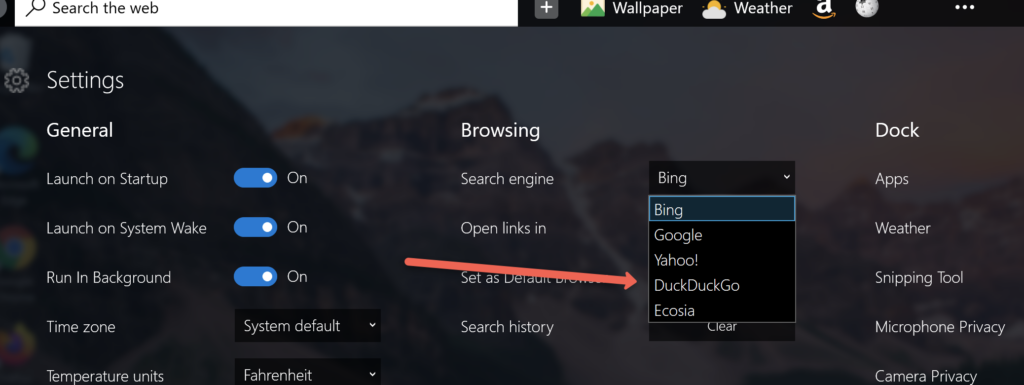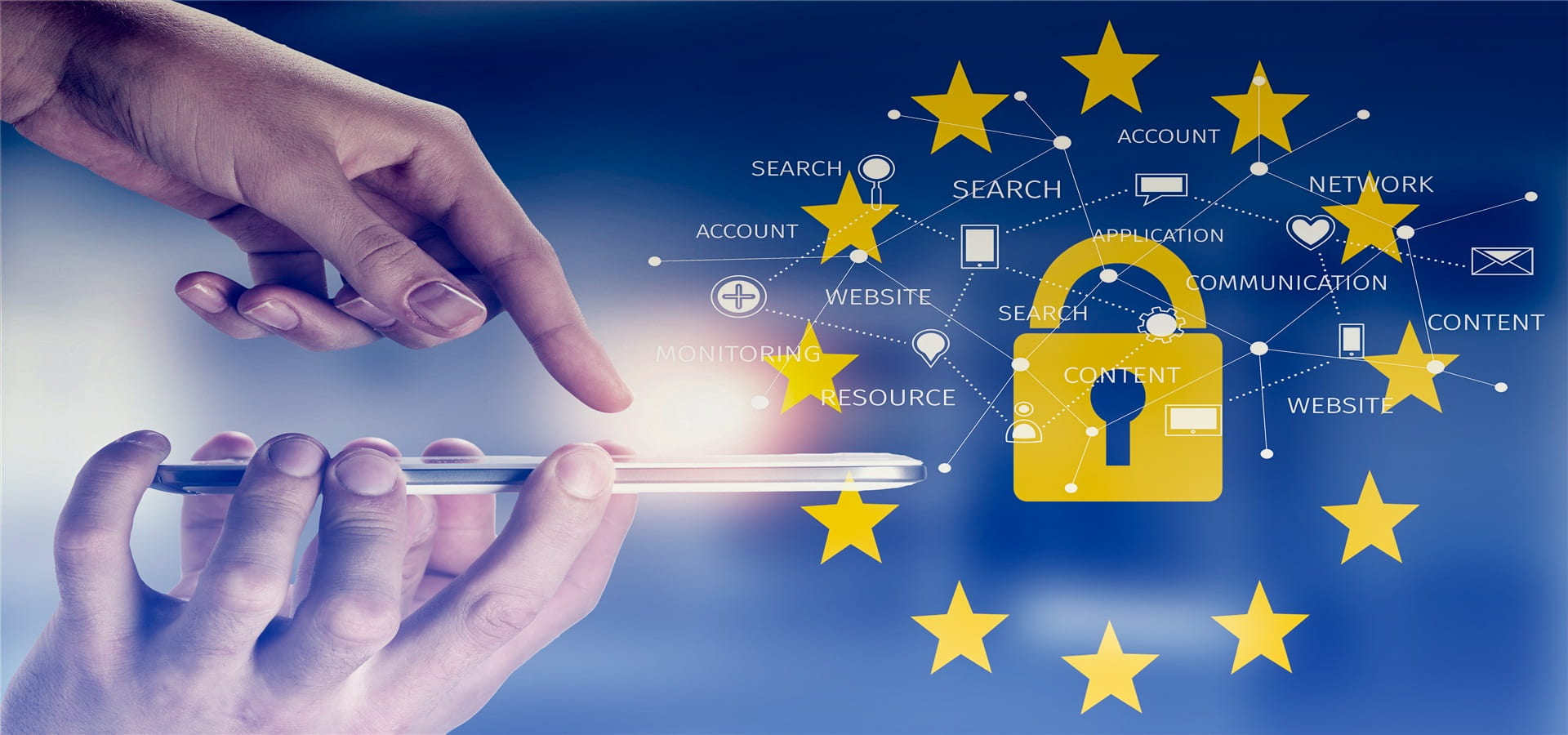4 Ways Your Personal Information is Vulnerable (Protect Your Privacy Online)
Do you feel like you have control of your on-or-offline, personal information? Odds are, probably not, or you’re not confident … or you try not to think about it. According to Pew Research, 81% of Americans feel they have little to no control over companies and the government collecting their data.
This raises two issues: concerns over privacy and concerns over security. What is the difference between privacy and security online?
Internet Privacy vs Security
Internet privacy refers to the ability for you, the user, to go online and not be monitored when you so choose. When you do business online (banking, shopping, dating, subscribing, etc.) you create an account and consent to share information with the bank, vendor, dating site, publisher, etc. If you don’t read the fine print — the site’s privacy statement — you very likely consented to them sharing your personal information with other parties.
Only 9% of people actually read privacy policies before agreeing to terms and conditions (Pew).
Internet security refers to protecting illegal access of your information. So, while 91% of us might inadvertently or neglectfully consent to sharing our private information, there is a clear line between what is legal and what is not. Internet security refers to the practice of protecting your information from hackers, cybercriminals, and other illegal parties who do not have permission to access your information.
As more measures like the European Union’s General Data Protection Regulation (GDPR) privacy law come to fruition, consumers who regain control over their personal data can ensure companies manage and use your information responsibly while they protect it.
Why Online Privacy is Important
You have a few options for limiting this type of data collection. If you’re a California resident, you can opt-out of the selling of your information with the California Consumer Privacy Act (CCPA) “Do Not Sell My Personal Information” privacy policy. For the rest of us, here are four situations in which your personal information is most vulnerable and tips for protecting your privacy online.
1. Personal Privacy When You Visit Websites
Any time you visit a website, you leave a trail. Websites use various methods for collecting your personal data. One such way is tracking cookies (a file on your browser) that collect personal information, including the sites and pages you visit and how long you were on them. Some websites allow other websites to add their tracking cookies, compounding the number of sites collecting your information.
Although there isn’t a single fix for every situation, adjusting your browser’s privacy settings and using a virtual private network (VPN) can reduce this type of tracking and protect your privacy.
Protect your privacy when you browse
Switching to a different search engine such as DuckDuckGo keeps your search information 100% private. By the way, OneLaunch offers DuckDuckGo as a browsing option. Select it from the drop-down menu in OneLaunch settings.

Another option is using incognito mode on your browser, which minimizes the amount of information sites can gather. OneLaunch’s Chromium browser offers incognito mode just like most other Chromium browsers.
Protect web privacy when you shop
You know those tailored ads that seemingly invade your online browsing after you’ve made a purchase or visited a website? Do they make you feel like someone is watching your every move?
These aren’t the work of hackers lying in wait to steal your data. Nope, this is all about advertising and marketing. Companies track your purchases along with your browsing habits and interests to create those targeted ads that pop up on your screen.
Now, we could debate the ethics of this practice. On one hand, it feels creepy to be retargeted with advertisements. These databases collect so much data about you, that they know where you are, your gender, your age, your hobbies and interests, your income bracket, etc. It’s like they know more about you than your best friend knows.
On the other hand, if you’re going to be advertised to, why wouldn’t you want to be targeted with relevant products and services, right? Well, to deliver those relevant ads, those sites need to collect your personal information.
While keeping your data private may be your ultimate goal, without some personal information about you, these companies would not be able to deliver relevant information to you.
2. Cell phone privacy issues
Changing your smartphone’s privacy settings can further reduce or eliminate data collection.
- Location: Limit access to your location by disabling Location Services, which you should be able to easily find in your device’s settings.
- Ad personalization: Turn off personalized ads on Google on your device.
- Tracking permissions: Only select apps you want to allow tracking your online activity by changing the privacy settings on your device.
- Advertiser identifiers: Your smartphone may have an option to reset advertiser identifiers. Resetting this feature will not reduce the number of ads, but it will remove “relevant” ads.
You can also use an ad blocker or free, opt-out tools like the Network Advertising Initiative and Digital Advertising Alliance.
3. Internet Privacy Safety Tips With Social Media
Thanks to social media, it’s easy to stay connected to family and friends. You share the latest on your work and personal life. Unfortunately, oversharing makes it easy for companies, such as Facebook, Twitter, Instagram, etc., to collect data on you like your birthday, where you live, your age, your immediate and extended family, and associations with others.
A study from the Identity Theft Resource Center found that 48% of respondents shared information about their children, while almost 33% shared details about their location and 42% shared travel plans. Taking a few precautions can ensure you stay connected without giving away too much personal information.
- Use privacy and security settings to help control who sees what posts.
- Don’t fill in the “About Me” section of your profile.
- Remember, once you post something, it’s forever, so be selective in what you share.
4. Protect Your Privacy When You Go Somewhere
As a communication and productivity tool, mobile phones are indispensable. However, they can also be privacy nightmares.
- Geotracking, a feature that allows the phone to locate itself, helps you monitor your distance when walking or running and navigate virtual maps. While geotracking can help law enforcement hunt down the bad guys, it also exposes the whereabouts of noncriminals and shows which retailers you visit and how long you were in-store.
- Retailers often rely on Wi-Fi tracking to keep details about you when you use the free Wi-Fi connections within a store.
- Providing a retailer with personal information to join a rewards or loyalty program can bring many benefits like personalized shopping experiences. However, it does give the company data they may not have gained otherwise.
You have a few ways to protect your privacy online when out-and-about.
- Use a VPN if you connect via a “free” Wi-Fi service.
- Only give necessary personal information to those brands you frequent that you want and will use their loyalty program.
- Turning off the location tracking on your smartphone can reduce prying eyes from watching your every move, but you won’t be able to perform specific searches without it. If you look for a plumber “near me,” for example, you will need location detection enabled.










 Share On Twitter
Share On Twitter